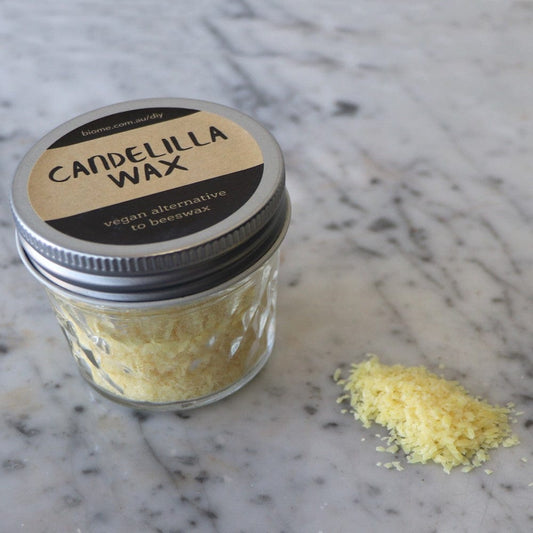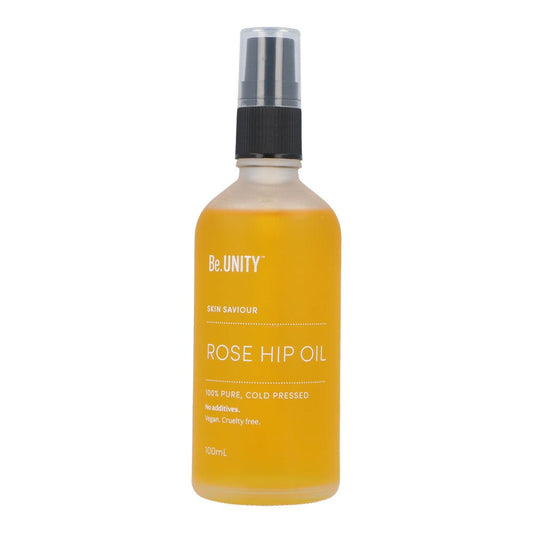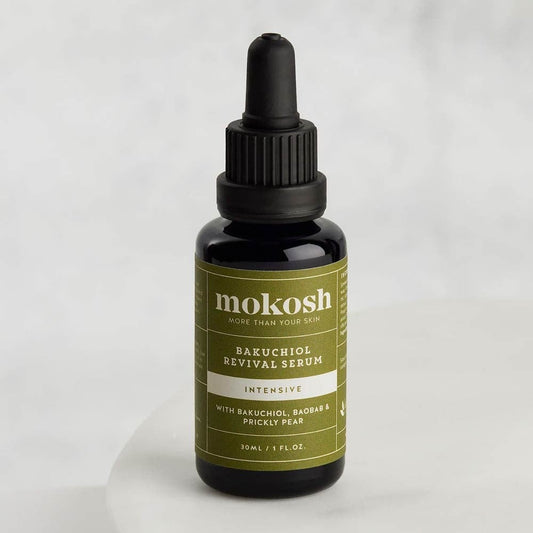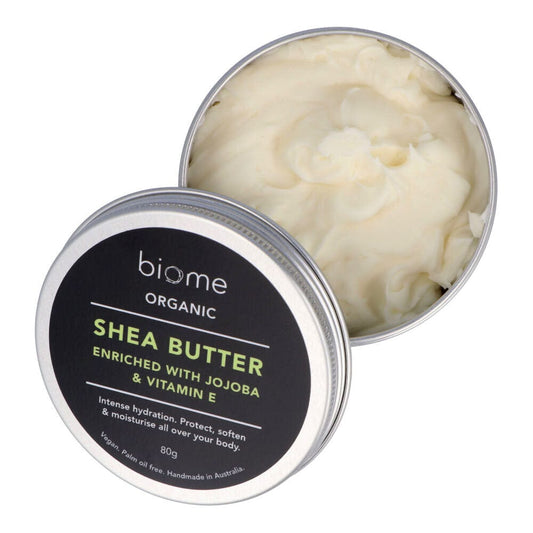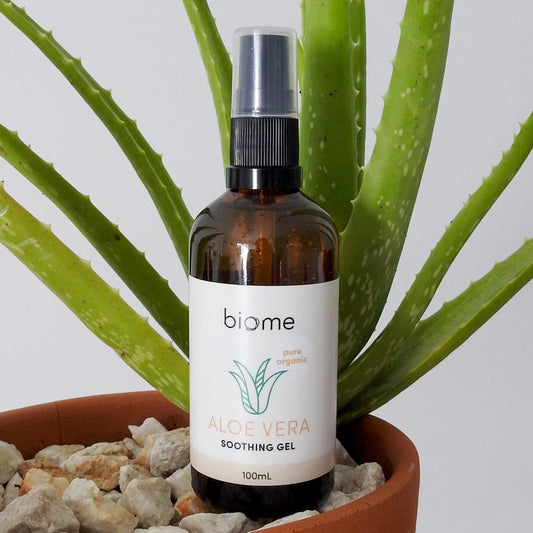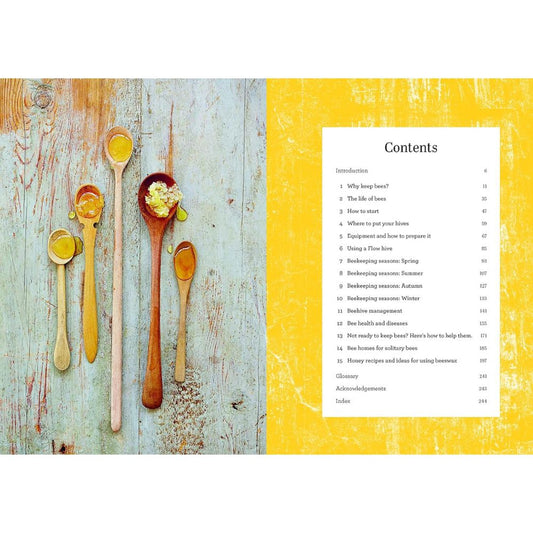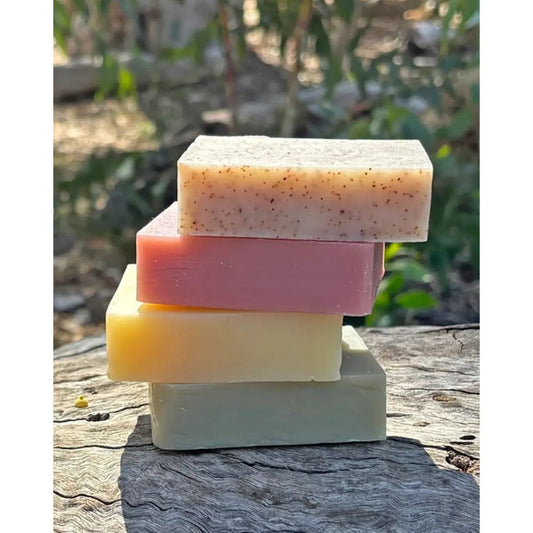
By Tracey Bailey, Biome Founder
Does anyone else register that we’re living in the golden age of skincare weirdness? Thanks to TikTok and viral beauty influencers, things that once lived on the fringes of cosmetic science—snail slime, beef tallow, even salmon sperm—are now being rubbed on cheeks in the name of glow-ups and “clean beauty.”
It's funny, not funny...because the welfare of living creatures seems lost in the craze.
The young teens I've known were more likely to squeal at the sight of snails or slime—but, now, people of all ages are smearing snail excretion on their faces with glee. It’s unsettling how quickly living beings can be stripped of identity and turned into a commoditised product.
Of course, the ethics in beauty are not one-size-fits-all, and no one product will ever be sustainably and ethically perfect. But, I think it's worth understanding, what is going on?
From Farm to Face
What used to be niche traditional ingredients are now being marketed as expensive miracle cures. The weirder, the better—especially if it fits into a 15-second TikTok before-and-after.
Here are a few making the rounds. I am sure that some of these brands are well-meaning and believe in their integrity of their formulations, which may or may not live up to the claims. But, it is incumbent upon us all to be informed, discerning consumers.
🐌 Snail Mucin
Yes, actual slime excreted by snails. It's lauded for healing and hydration, but comes with murky harvesting practices, potential allergic reactions, and limited clinical evidence. A great Guardian article read here.
Brands like COSRX, Mizon, and Benton Snail Bee feature snail mucin (also called snail secretion filtrate) prominently in essences, creams, and masks. In Australia, Euphoria Cosmetics and boutique label Dr G have followed the trend with local formulations.
🥩 Tallow
Beef fat, once a soap-making byproduct, now whipped into creamy face butters and promoted by carnivore influencers as the “ancestral” skincare solution. Some describe it as vitamin‑rich and skin-barrier supportive, but its heavy, occlusive nature can clog pores and isn’t suitable for acne-prone or sensitive skin types.
Australian brands like Aussie Tallow, TUTTOFARE, Tallow Co, and Ancient Glow, and further afield Notox, Lady May, Primally Pure, and Ancient Tallow are marketing grass-fed beef tallow.
🐟 Salmon Sperm DNA (PDRN)
Touted as an anti-aging injectable or cream, this extravagant treatment of "DNA extracted from salmon sperm" is trending among celebrities for its supposed regenerative powers. Science is… not sold. It lacks robust scientific backing for skincare benefits and may pose a risk of irritation or sensitisation.
Medicube, Rejuran and Chasin’ Rabbits sell salmon sperm-derived PDRN serums.
🐝 Bee Venom
Found in premium lines like Rodial Bee Venom with claimed collagen-boosting effect. Bee venom is harvested through methods that can harm or kill bees—at a time when bee populations are already under threat. Any ingredient harvested on commercial scale becomes harmful to the creatures. However, at Biome we do support small ethical beekeepers and the work they do to protect bee populations (see our note on beeswax and honey below).
Other Animal‑Derived "Miracles"
Rounding out the surrealist skincare menu, horse oil, donkey milk, bird’s nest extract and placenta creams are featured in niche K‑beauty and other Asian-founded brands, where there was small-scale cultural use of such ingredients.

How Did We Get Here?
One word: TikTok.
The platform thrives on extremity—whether that’s a $500 miracle serum or beef fat buttered onto cheeks, the more bizarre, the better. These trends don’t rise because they’re smart—but because they’re scroll-stopping.
People looking for belonging and control over their health and beauty are drawn into these trends, draining their wallets as they go.
With "natural" the cornerstone of clean beauty, people bypass modern dermatology and petrochemicals to lather on a substance that sounds traditional, animal or nature-based. But natural isn’t always safe—or effective.
What’s The Harm?
Setting aside the ick factor, there are legitimate concerns with these trends. Claims of “cruelty-free” are rarely transparent or independently certified.
Animal welfare and ethics:
- Snail mucin harvesting often involves stressful conditions for the animals.
- Tallow, placenta and horse oil are slaughter byproducts.
- Sperm is harvested from male salmon, typically during breeding at aquaculture farms, potentially done without killing the fish, but not always.
- Bird's nest are taken from nests built by swiftlets, sometimes disrupting ecosystems.
- Guanine relies on processing dead fish for aesthetic effect.
Lack of clinical evidence: Many of these substances don’t have robust peer-reviewed research behind their skincare claims.
Allergic reactions: Bee venom, snail slime, and tallow can all trigger irritation, especially on sensitive skin.
Greenwashing: “Natural” on a label doesn’t mean it’s clean, ethical or even safe.
Let’s not forget: plant-based skincare has been solving these same problems for centuries, with far fewer ethical gymnastics.
Skincare and cosmetics stocked at Biome are:
- Palm oil free
- Cruelty free
- Free from animal derived ingredients, except some with beeswax and honey
A note on beeswax and honey
At Biome, a small number of our skincare and hair care products contain beeswax or honey—carefully sourced and clearly labelled. We require that the beeswax and honey is from small ethical Australian beekeepers. We know that for some, this is still a bridge too far. Bees can be harmed or killed in conventional harvesting, and we respect the choice of those who avoid all animal-derived products. That’s why we’re always transparent and offer fully vegan alternatives.
What to Use Instead
Looking for glow, hydration or smoothing without the weirdness?
Snail slime alternative? → Try hyaluronic acid from fermented sugar + niacinamide; or a blend of rosehip oil and aloe vera gel
Tallow balm replacement? → Go for shea butter, jojoba, or squalane from olives
Collagen boost? → Use bakuchiol, plant peptides, or vitamin C
Shimmer without fish scales (guanine)? → Choose ethically sourced mica
Wax without bees? → Look for candelilla wax
Final Word
If it feels like skincare has turned into a reality show—you’re not alone! Maybe it’s time we normalised not smearing animal slime on our skin.
I know the desire to care for your skin and keep it healthy and glowing, especially as we age; and the unprecedented pressures on our tweens and teens to fit in. At 57, I wish I had paid more attention to my skin when I was younger, especially my face, décolletage and the back of my hands. Although, the greatest reason for my skin damage is that I did not use enough sunscreen or physical barriers in earlier life—and no matter how many weird fads I try it will not change that!
These extreme, animal-based trends mostly benefit the brands cashing in on our insecurities and FOMO. They fuel an expensive chase for “eternal beauty” that seems to be starting at alarmingly young ages.
Let's bring the “clean” in clean beauty back to what it should be: minimalist, nourishing, hydrating, protective—and sustainable. No gimmicks, no animal parts required.
Animal Free Alternatives
Mokosh Intensive Bakuchiol Revival Serum
Retreatment Botanics Kakadu Brightening Serum with vitamin C rich ingredients




